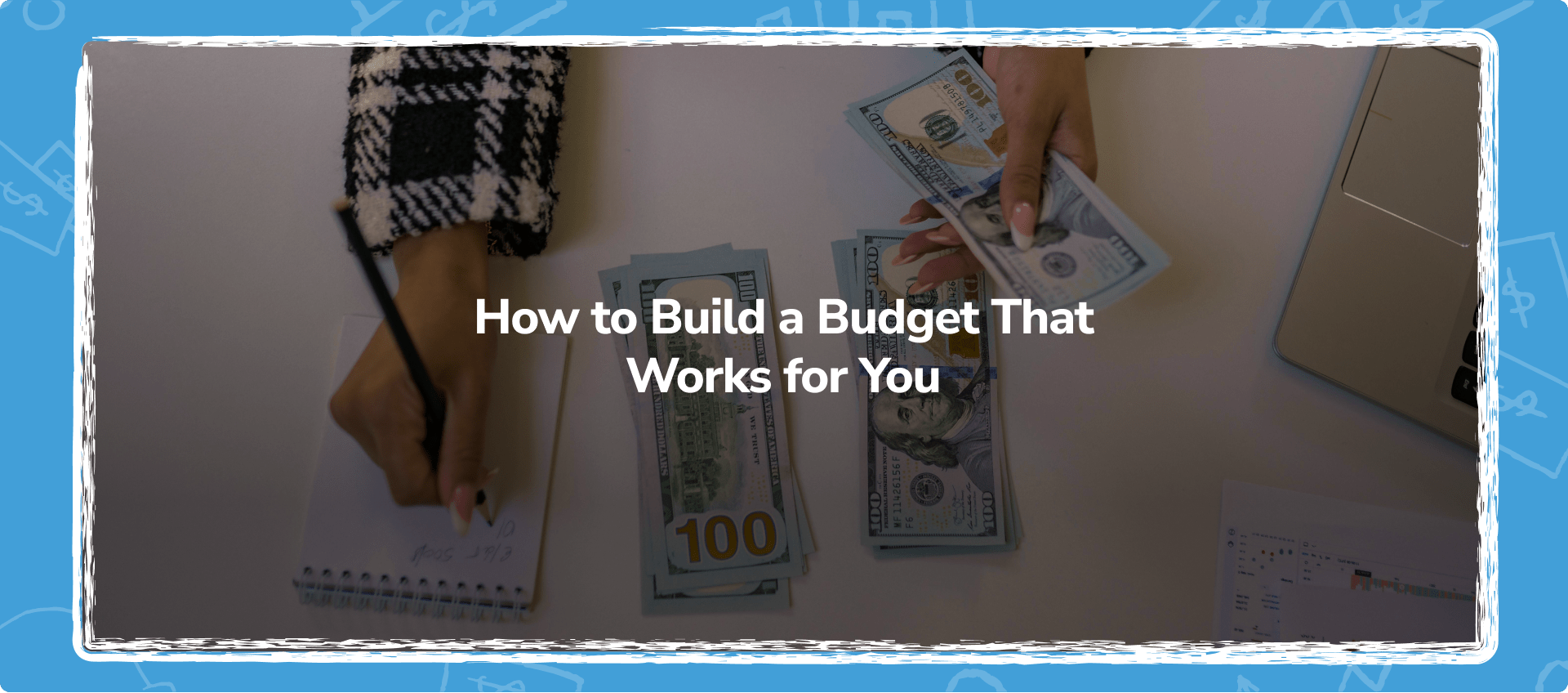Budgeting isn’t about restricting yourself. it’s about taking control of your money and making it work for you. A well-planned budget ensures that every dollar is being used effectively to help you achieve financial independence, starting with paying off your debt settlement plan and later transitioning toward saving for emergencies, retirement, and long-term goals.
Step 1: Track Your Income and Expenses
Start by listing all sources of income, including wages, side gigs, or any government benefits. Then, list your expenses:
- Fixed expenses: Rent, mortgage, car payments, insurance, and utilities..
-
Variable expenses: Groceries, dining out, entertainment, shopping, and personal care.
Use a budgeting app, spreadsheet, or even pen and paper to track where your money is going. The goal is to identify areas where you can cut back and redirect extra funds toward your debt settlement program.
Step 2: Prioritize Debt Payments Over Other Expenses
A simple way to organize your budget is the 50/30/20 rule, but when you’re in a debt settlement program, it’s wise to adjust these percentages to focus more on debt payments:

- 60-70% for Needs (housing, utilities, groceries, and your debt settlement payments)
- 10-20% for Wants (dining out, subscriptions, entertainment. Keep these minimal while in the program)
- 10-20% for Future Savings (once debts are settled, this portion can go toward an emergency fund, retirement, or other financial goals)
Every extra dollar you put toward debt now reduces interest and gets you to financial freedom faster. Once your debts are resolved, the money you were using for payments can be reallocated toward building an emergency fund, investing in retirement, and saving for future expenses.
Step 3: Adjust and Stay Flexible
Your budget isn’t set in stone. It should evolve with your needs. If you get a raise, bonus, or unexpected windfall, apply as much of it as possible toward your debt settlement. The faster you eliminate debt, the sooner you can start focusing on growing your savings and securing your financial future.
The key to long-term success is consistency. Budgeting isn’t about cutting all enjoyment from life. It’s about making intentional choices that align with your goals. Stay committed to your plan, and before you know it, you’ll be debt-free and on your way to building lasting financial security!
.png)
Kim Wasielewski
Kim W. is a debt relief professional helping consumers navigate financial challenges. She is passionate about making money matters easier to understand and believes everyone deserves a fresh financial start.
